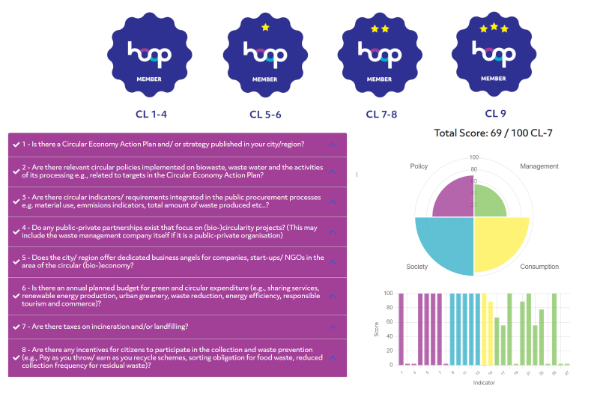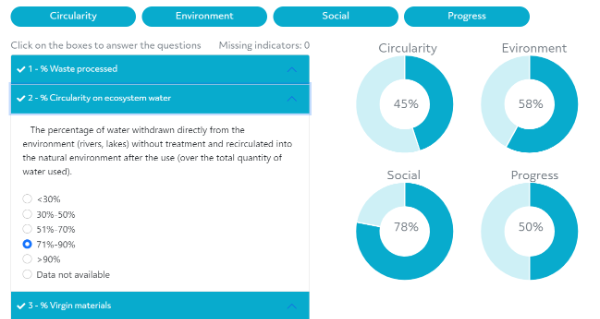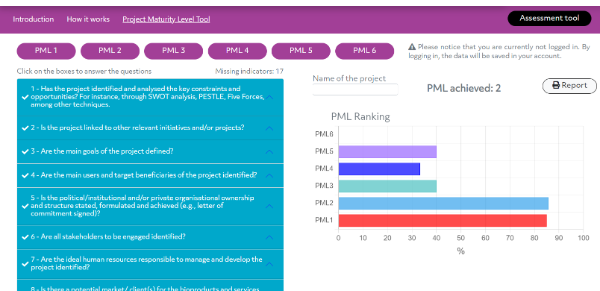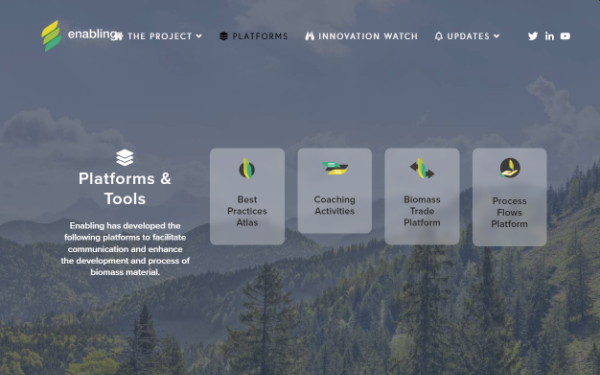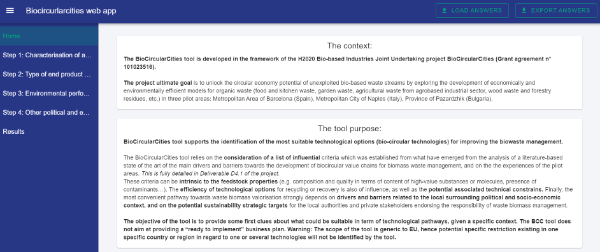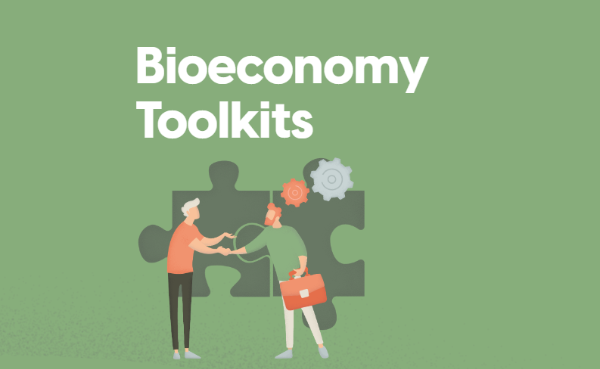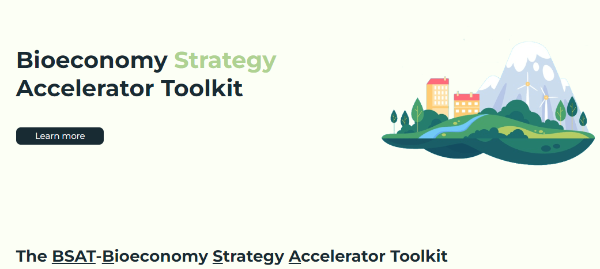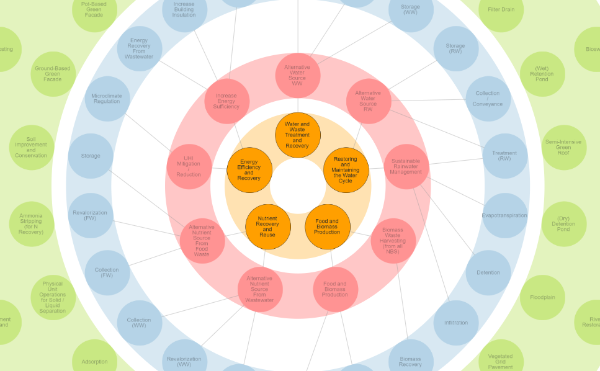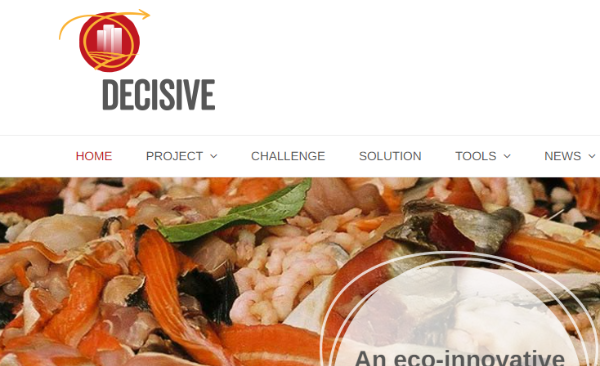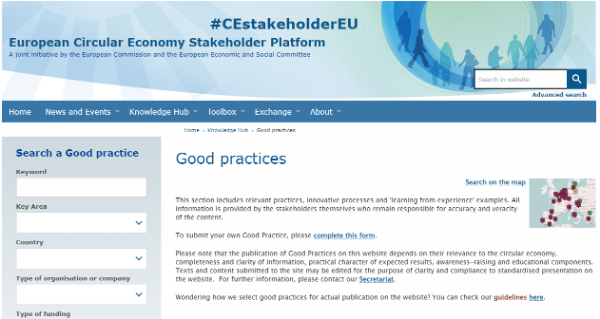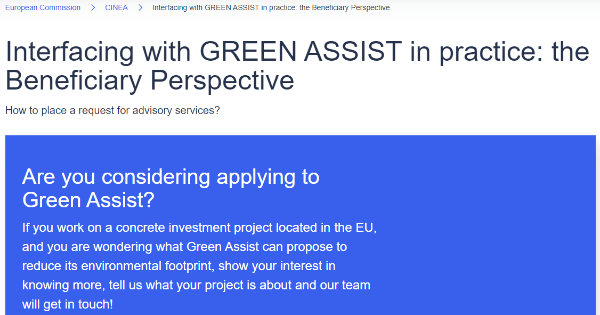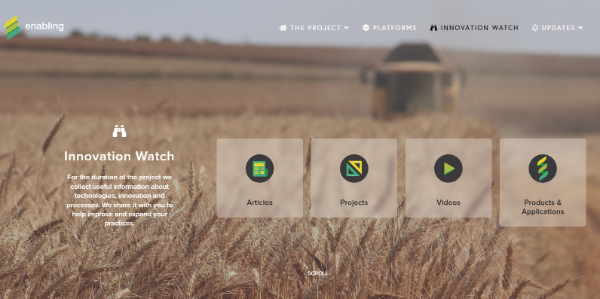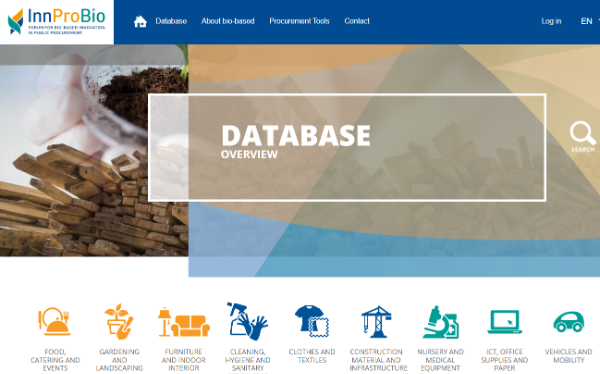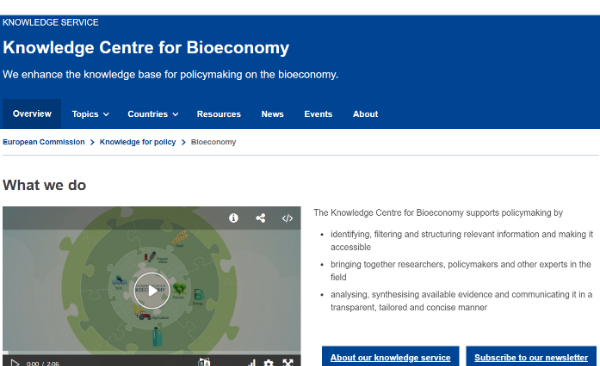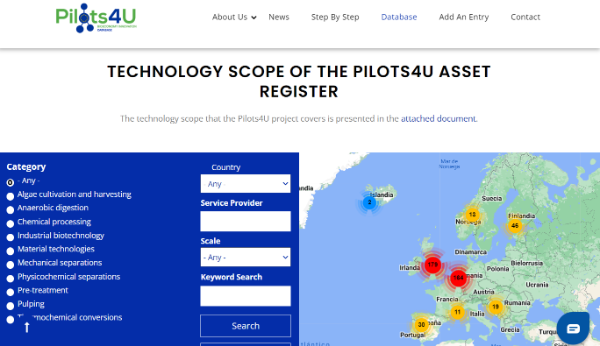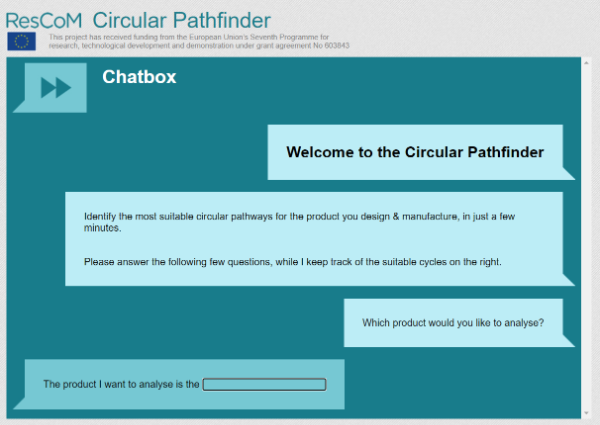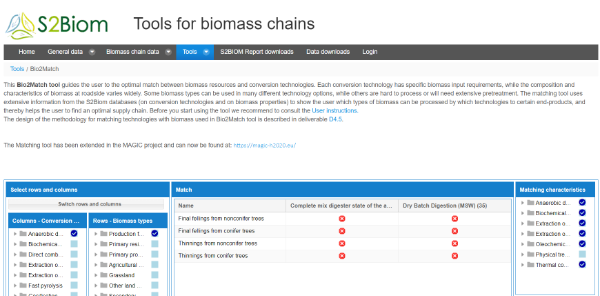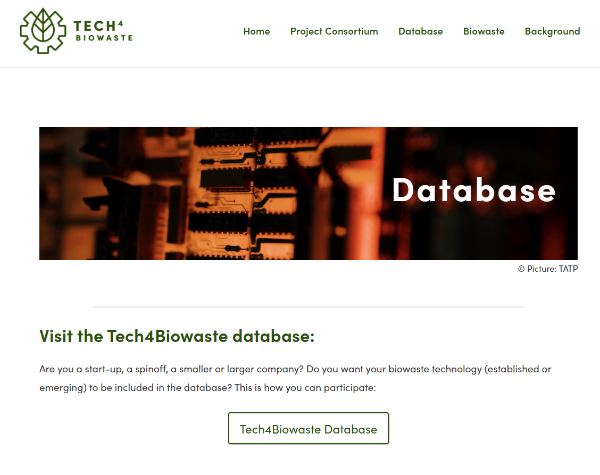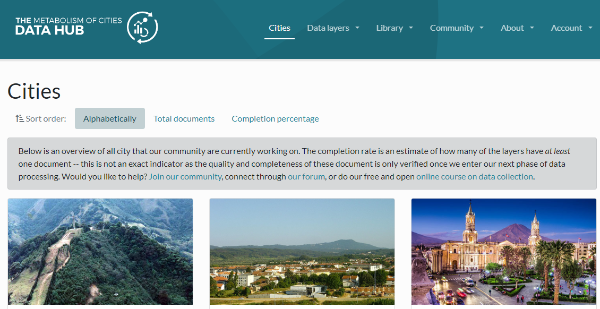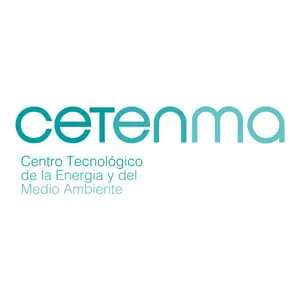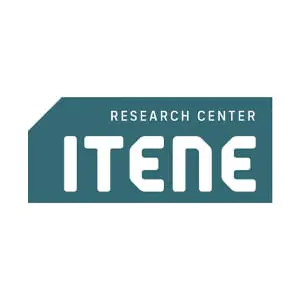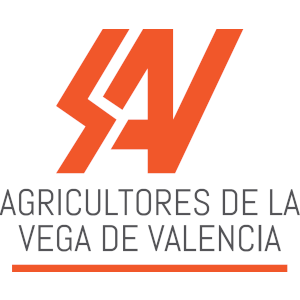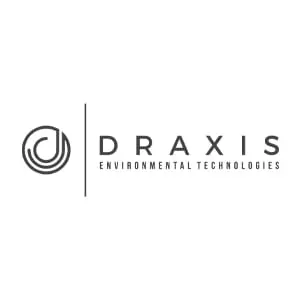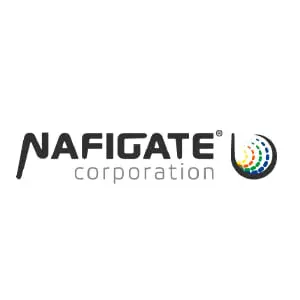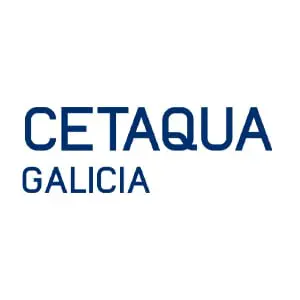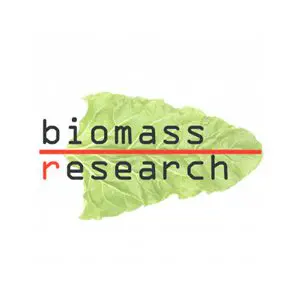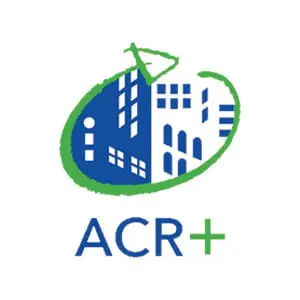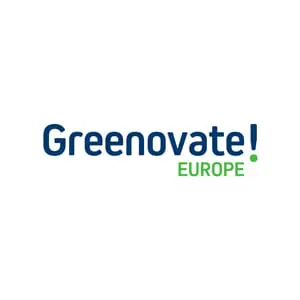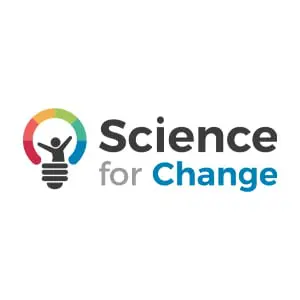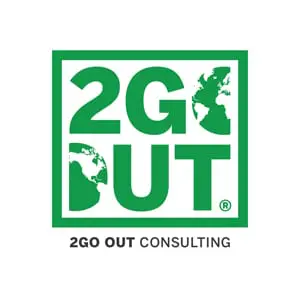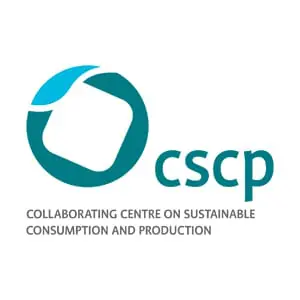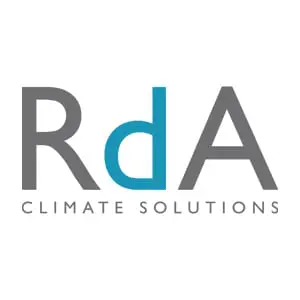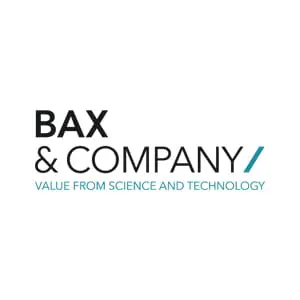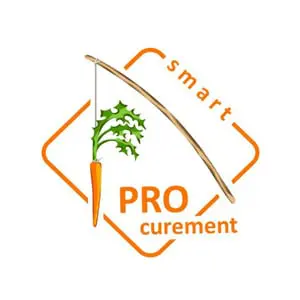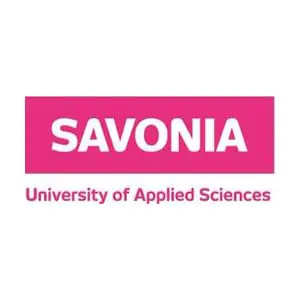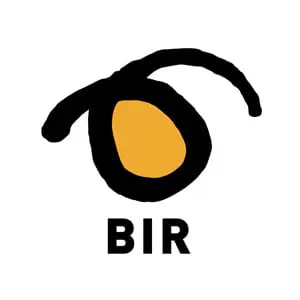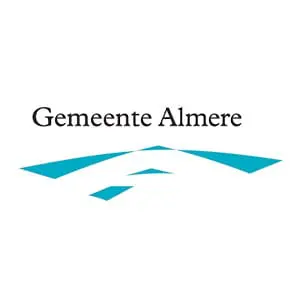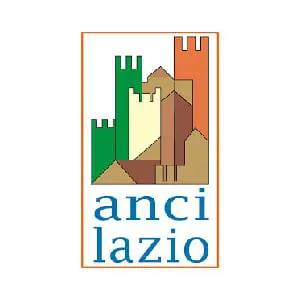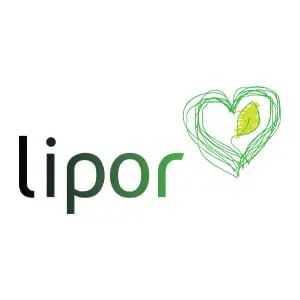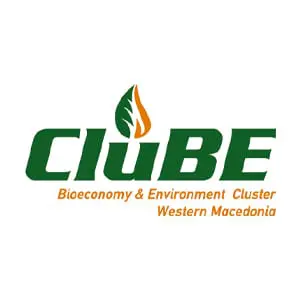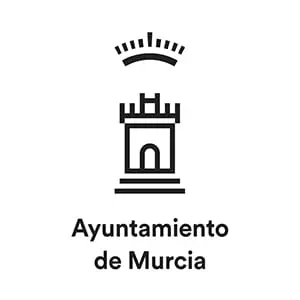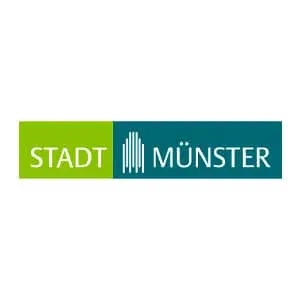Bio-Circularity Label
The HOOP Circularity Label tool is an instrument to understand the current performance of a city/region regarding the implementation of bio-circular measures.
Circular strategies
Guidance, Informative, Self-assessment
Go to link
Circular Valuation method
The HOOP Circular Valuation method is a clear and simple method for companies and public bodies to assess whether circular projects are financially attractive.
Circular strategies, Financing
Self-assessment
Go to link
Project Maturity Level
The HOOP Project Maturity Level (PML) is a standard guidance and ranking tool that evaluates the maturity level of the projects in accordance to several criteria to accomplish and reach, in order to improve their maturity and bankability to mobilise green financing and funding for its realisation.
Financing, Investment
Self-assessment
Go to link
Best Practices Atlas
In Best Practices Atlas we collect best BBP (Bio based Products and Processes) practices, from inside and outside Europe, that are wholly or partly transferable to other regions, or serve as an inspiration for partners in the value chain. An interactive web based tool will provide easy to find information on the best practices identified.
Valorisation technologies
Guidance, Informative
Go to link
Biocircurlarcities tool
BioCircularCities tool supports the identification of the most suitable technological options (bio-circular technologies) for improving the biowaste management. The BioCircularCities tool relies on the consideration of a list of influential criteria which was established from what have emerged from the analysis of a literature-based state of the art of the main drivers and barriers towards the development of biocircular value chains for biomass waste management.
Valorisation technologies
Consultancy, Guidance
Go to link
Bioeconomy Toolkits for Business & Policy Makers
Bioeconomy Toolkits created a set of informational kits to explain the bioeconomy from different perspectives, producing an online package of knowledge and supportive media. Each kit is an action-oriented compilation of related information, tools, databases, videos, presentations, platforms and good practices. Take a look!
Circular strategies, Citizen awareness, Legislation
Informative
Go to link
BSAT-Bioeconomy Strategy Accelerator Toolkit
The Bioeconomy Strategy Accelerator Toolkit (BSAT) is an online platform designed to guide decision-makers in developing or updating regional bioeconomy strategies. It is part of the POWER4BIO project, funded by the European Union’s Horizon 2020 research and innovation programme. The BSAT aims to empower regional stakeholders to boost the transition towards bioeconomy regions in Europe by providing them with the necessary tools, instruments, and guidance.
Circular strategies, Stakeholder engagement
Guidance
Go to link
Circular City
The Circular City Guidance Tool is designed to address five key urban circularity challenges: restoring and maintaining the water cycle, water and waste treatment and recovery, nutrient recovery and reuse, energy efficiency and recovery, and food and biomass production. By integrating circular economy principles with Nature-based Solutions (NBS), the tool provides a framework to promote sustainable urban development.
Circular strategies
Guidance
Go to link
DECISIVE- Decision Support Tool (DST)
The DECISIVE Decision Support Tool (DST) aims to evaluate the performance of both centralized and decentralized biowaste management systems using environmental, economic, social, and regulatory criteria. By offering detailed inventories and assessment criteria, the tool helps competent authorities, consulting firms, and waste operators make informed decisions to improve the efficiency and sustainability of biowaste management practices.
Circular strategies, Valorisation technologies
Self-assessment
Go to link
European Circular Economy Stakeholder Platform – Good Practices
The Good Practices (GPs) section of the European Circular Economy Stakeholder Platform showcases relevant practices, innovative processes and ’learning from experience’ examples. All information is provided by the stakeholders themselves who remain responsible for accuracy and veracity of the content.
Circular strategies
Informative
Go to link
Green Assist
The Green Assist provides advisory services for green investment projects. It targets sectors of natural capital and circular economy, as well as non-environmental sectors, and is part of the European Green Deal Investment Plan. The Green Assist provides on-demand, free, and customized advisory services by distinguished experts. These experts are selected from an established pool or recruited from other advisory services
Investment
Consultancy
Go to link
Innovation Watch
Innovation watch collects useful information about technologies, innovation and processes and shares it with you to help improve and expand your practices.
Circular strategies, Citizen awareness, Legislation, Valorisation technologies
Consultancy, Informative
Go to link
InnProBio Bio-based Products Database
In this database you find a range of bio-based products that are already on the market. For each product you can find information on the product itself, for example its specifications, bio-based content, and sustainability certification. This database is only available in the English language.
Citizen awareness
Consultancy, Informative
Go to link
Knowledge center for bioeconomy
The Knowledge Centre for Bioeconomy supports policymaking by identifying, filtering and structuring relevant information and making it accessible; bringing together researchers, policymakers and other experts in the field; analysing, synthesising available evidence and communicating it in a transparent, tailored and concise manner
Circular strategies, Legislation
Informative
Go to link
Pilot4U Open Access Data Base
Pilots4U maps all existing open access pilot and demo-infrastructures across Europe, creating a very visible and easily accessible network for the European bio-economy.
Pilot projects, Valorisation technologies
Consultancy, Informative
Go to link
ResCoM Circular Pathfinder
Starting tool for companies interested in circular economy thinking. It allows them to explore and identify the most suitable circular pathways for their products by answering just a few questions. Informed by best practices of other companies, the Circular Pathfinder guides the user towards circular pathways that have potential in their specific case. It explains why certain pathways, such as product remanufacturing, life extension or recycling are of interest, with examples.
Circular strategies
Go to link
S2BIOM Sustainable supply of non-food biomass
S2BIOM developed strategies, roadmaps, and information databases on sustainable biomass potentials, resource efficient pathways and optimal logistical supply routes at local, regional, national and pan-European level for EU27, western Balkans, Turkey and Ukraine.
Circular strategies, Valorisation technologies
Consultancy, Guidance, Informative
Go to link
Tech4Biowaste database
The Tech4Biowaste technology database is a dynamic database of relevant technologies of biowaste utilisation. The Tech4Biowaste project provides the bio-based industry with a complete overview of existing and emerging technologies for biowaste utilisation and valorisation. The technology database contains up-to-date information and is accessible to everybody
Valorisation technologies
Consultancy, Guidance
Go to link
The Metabolism of Cities - Data Hub
The Data Hub is a platform designed to facilitate the collection, processing, visualization, and analysis of data for urban circularity assessments. It serves as a central repository for various types of data, enabling cities to manage and analyze their information effectively.
Urban metabolism
Informative
Go to link
